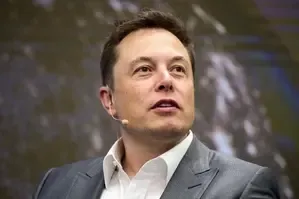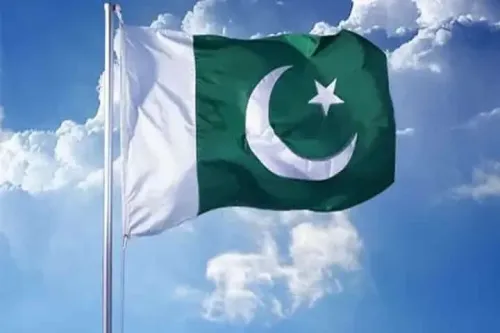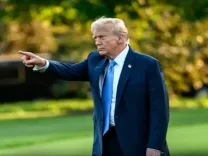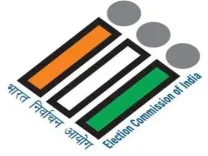Did the WCO Support South Korea in Its Dispute with India Over Samsung Equipment?
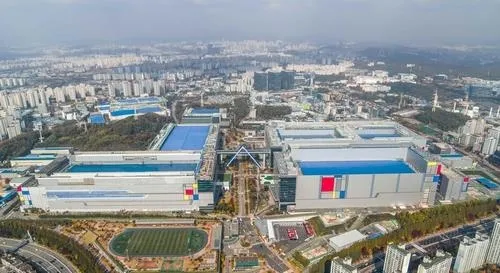
Synopsis
Key Takeaways
- The WCO favored South Korea in a tariff dispute with India over Samsung's radio units.
- The ruling could have significant implications for international trade and tariffs.
- Samsung is set to hire 60,000 employees in the next five years.
- Other South Korean companies like SK and Hyundai are also expanding their workforces.
- This decision reflects a supportive international consensus for South Korea's position.
Seoul, Sep 19 (NationPress) The World Customs Organization (WCO) has favored South Korea in a tariff classification dispute with India concerning radio units (RUs) utilized in mobile base stations, as reported by the Seoul government on Friday.
This dispute involves approximately 800 billion won ($573 million) in tariffs and related charges for RUs exported by the local tech giant Samsung Electronics Co. to India, as stated by the Ministry of Economy and Finance, according to Yonhap news agency.
The Brussels-based intergovernmental organization concluded that the RUs ought to be categorized as “parts,” thus exempt from tariffs.
This ruling opposes India’s earlier classification of the RUs as “telecommunication equipment,” which incurs a 20 percent tariff.
While WCO decisions are not legally binding on individual member states, the ministry highlighted that this ruling is significant, as it embodies international consensus backing South Korea's stance.
A ministry official noted that this decision is anticipated to benefit South Korean firms as they engage in discussions with Indian tax authorities.
On Thursday, major conglomerates in South Korea unveiled extensive employment plans aimed at nurturing future growth drivers and creating jobs in alignment with government policy.
Samsung Group declared its intention to recruit 60,000 new employees over the next five years, focusing particularly on semiconductors, biotechnology, and artificial intelligence (AI).
Nineteen subsidiaries, including Samsung Electronics Co., Samsung C&T Corp., and Samsung Biologics Co., are actively recruiting.
The Samsung Group has maintained a group-wide open recruitment initiative for entry-level workers since 1957.
The group also mentioned that it will continue to offer separate internship programs to provide young job seekers with experience while formally hiring verified candidates.
Meanwhile, SK, the country’s second-largest business group, announced plans to hire an additional 4,000 workers by the end of this year, supplementing the same number recruited in the first half, with a focus on professionals in AI and digital transformation.
Hyundai Motor Group stated it will employ 7,200 workers this year as part of its strategy to become a global mobility solutions provider, with plans to increase hiring to 10,000 next year.


